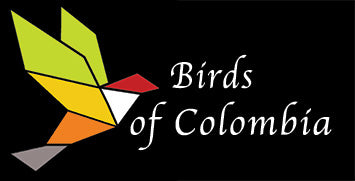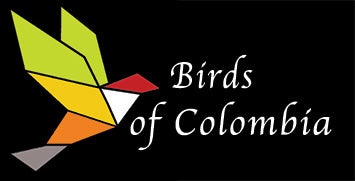Págalo Grande
Great Skua
Catharacta skua
Song
Great Skua
Appearance: The Great Skua is a robust seabird with a wingspan of about 125-140 cm. It has dark plumage, with a mottled brown and black appearance, and white wing patches. Great Skuas have a powerful, hooked beak and sharp talons, which they use for hunting and scavenging.
Habitat: Great Skuas are found in the northern Atlantic Ocean, with breeding populations in the high Arctic regions such as Iceland, Norway, and the British Isles. They inhabit coastal cliffs, tundra, and offshore islands during the breeding season and are commonly seen over open ocean waters while foraging.
Behavior: Great Skuas are opportunistic predators and scavengers, known for their aggressive behavior towards other seabirds to steal food. They are also skilled hunters, preying on fish, seabirds, and carrion. These skuas are highly territorial during the breeding season and will defend their nesting sites vigorously.
Breeding: Great Skuas breed in colonies on coastal cliffs or rocky outcrops. They construct shallow nests lined with vegetation and lay one or two eggs. Both parents participate in caring for the eggs and chicks, with the young fledging after several weeks.
Conservation Status: The conservation status of the Great Skua is generally stable, with populations considered to be healthy in their breeding areas.
Distribution
Coastal areas, wetlands, forests, and mountains in Colombia support a rich avian biodiversity, with species that are native residents as well as migratory birds that visit the country seasonally.
Taxonomy
The Great Skua (Catharacta skua)
- Kingdom: Animalia
- Phylum: Chordata
- Class: Aves (Birds)
- Order: Charadriiformes
- Family: Stercorariidae
- Genus: Catharacta
- Species: Catharacta skua
Vocalization
Calls: Great Skuas produce a range of calls that are used in different contexts. They are known to give loud, harsh calls that can be described as a rasping "kjaar-kjaar" or "kree-ar" sound. These calls are often heard during territorial disputes, interactions with other birds, or when defending their nesting sites.
Alarm Calls: Great Skuas have distinct alarm calls that indicate potential threats or intrusions into their territory. These alarm calls are usually sharp and loud, serving to alert other skuas in the vicinity of potential danger.
Courtship Calls: During the breeding season, Great Skuas engage in courtship displays that involve vocalizations. These courtship calls are often softer and more melodious compared to their aggressive calls, signaling their readiness to pair with a mate and breed.
Communication: Great Skuas use vocalizations not only for territorial defense and courtship but also for general communication within their colonies. They may vocalize to maintain social bonds, coordinate feeding activities, or express dominance within the group.




